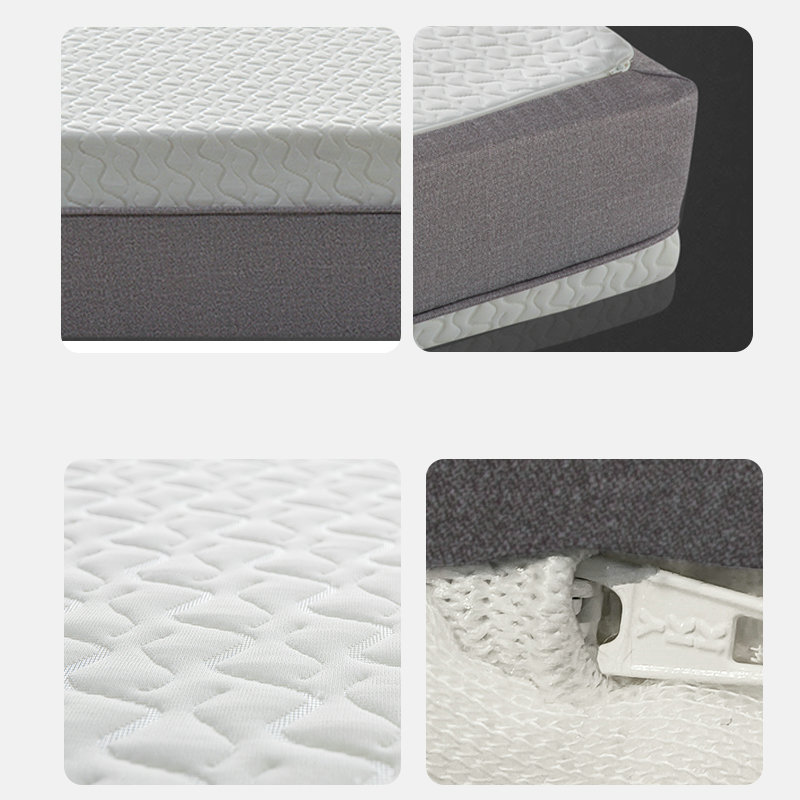Memory foam mattresses do have a certain effect on relieving snoring. This is mainly due to the special material and design of memory foam mattresses.
Snoring may be caused by a variety of factors, including narrowing of the airway due to obesity, poor sleeping posture, oral and ENT diseases such as tongue hypertrophy, sinusitis, turbinate hypertrophy, etc., as well as muscle relaxation caused by age. In addition, lifestyle habits such as smoking, drinking, and drug factors may also affect airway smoothness and cause or aggravate snoring.
For people who snore,
memory foam mattresses can adaptively deform according to the body's size and weight, as well as the pressure distribution in various parts of the body. It can accurately shape the contours of the body and provide a pressure-free fit, thereby providing effective support to the body. This supporting effect helps keep the airway open and reduces snoring caused by airway obstruction.

The slow-rebound nature of memory foam mattresses can also help relieve snoring. When the human body changes posture during sleep, the memory foam mattress can slowly return to its original shape, preventing the gap between the mattress and the body from being too large and reducing snoring caused by changes in the respiratory tract space.
In addition, memory foam mattresses also have decompression properties and can absorb and break down the body's pressure. This helps relax the body, improve sleep quality, and reduce snoring caused by fatigue and tension.
However, it should be noted that memory foam mattresses may only provide limited relief for snoring caused by diseases, such as chronic rhinitis, turbinate hypertrophy, etc. In this case, it is recommended to seek medical treatment promptly and seek professional diagnosis and treatment.












